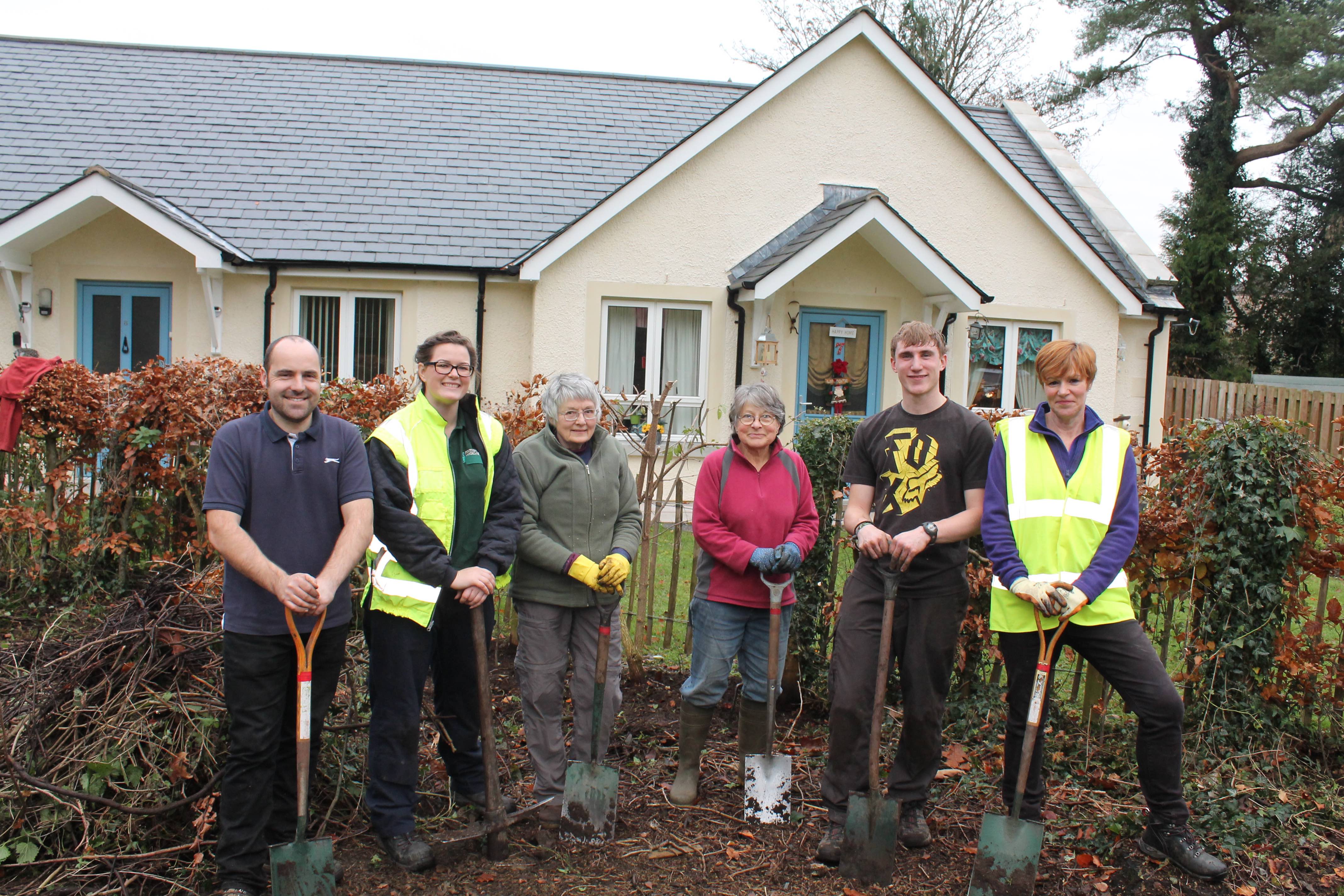Imagine this: you’re about to start your day, stepping into the shower only to find yourself ankle-deep in water minutes later. Or perhaps, you’re preparing dinner, and the kitchen sink chooses this moment to revolt, refusing to drain. These scenarios are all too familiar to residents in Southeast England, particularly in towns like Bracknell and Guildford, where the battle against blocked drains is a recurring theme in the narrative of homeownership and even commercial property management.
Blocked drains Bracknell are more than just an inconvenience; they’re indicative of an underlying issue that, if ignored, can lead to more significant, sometimes catastrophic, consequences. Understanding the specific challenges faced by residents in Bracknell and Guildford, exploring the underlying causes of these blockages, and examining the solutions are critical steps toward maintaining the health of any property’s plumbing system.
The Underlying Issue: Why Drains Block
In both Bracknell and Guildford, the causes of blocked drains can be both varied and complex. From the accumulation of grease, fats, and oils that bind to the interior walls of kitchen pipes to the entanglement of hair, soap, and other debris in bathroom drains, the catalysts of blockage are many. Moreover, external factors such as falling leaves, roots intruding into sewer lines, and even the build-up of silt and other natural detritus can compound the issue, leading to a complete or partial obstruction of water flow.
Both towns, with their unique blend of historic charm and modern residential and commercial infrastructure, are susceptible to specific plumbing challenges. In Bracknell, with its mix of older homes and new builds, the diversity of plumbing systems can pose a unique challenge; whereas, in Guildford, the town’s hilly topography and the presence of numerous water bodies can contribute to the complexity of managing drain health.
The Ripple Effect: Consequences of Neglect
Ignoring a blocked drain Guildford and Bracknell or is akin to inviting a host of problems into your home or business. The immediate inconvenience aside, water back-up can lead to issues ranging from unpleasant odors to the potential for waterborne illnesses. Over time, stagnant water can erode pipes, leading to leaks within walls that are not only costly to repair but can also structurally compromise a building. In severe cases, the foundation itself may be at risk.
Moreover, the environmental impact cannot be overstated. Overflows and leaks can contaminate local soil and waterways, posing a risk to wildlife and leading to broader ecological issues in the Bracknell and Guildford areas.
Charting the Course: Solutions and Prevention
Addressing a blocked drain effectively often requires a multi-faceted approach. Simple DIY solutions, such as boiling water flushes, baking soda and vinegar treatments, or manual removal with a plunger, can sometimes alleviate minor blockages. However, more severe or persistent problems necessitate professional intervention. This is where local knowledge becomes invaluable. Professionals familiar with the specific challenges in Bracknell and Guildford can offer targeted solutions, leveraging their understanding of local infrastructure to address the issue efficiently.
Preventative measures, too, play a critical role in maintaining drain health. Regular cleaning and maintenance, mindful disposal of potential blockage materials (e.g., not pouring grease down the drain), and even the installation of guards to catch debris can dramatically reduce the risk of blockages. For properties in Bracknell and Guildford, considering seasonal factors such as leaf fall or increased rainfall can also inform a more tailored preventative strategy.
A Unified Effort: Community and Communication
The battle against blocked drains is not one to be fought in isolation. In communities like Bracknell and Guildford, fostering open lines of communication between residents, businesses, and local authorities can significantly affect the efficiency and effectiveness of managing plumbing issues. Sharing experiences and solutions can help others navigate similar challenges, while collective lobbying for infrastructural improvements can lead to long-term benefits for the wider community.
Local authorities, for their part, can support these efforts by providing clear guidance on waste disposal, maintaining public sewer systems, and offering resources or services to help manage blockages when they do occur.
Sailing into Calmer Waters: Embracing the Future
As technology advances, so too do the solutions available for managing blocked drains in towns like Bracknell and Guildford. Innovations such as CCTV inspections allow for precise identification of blockages, while trenchless repairs minimize disruption and environmental impact. Moreover, a growing emphasis on sustainability is encouraging both homeowners and businesses to consider greener practices, from eco-friendly cleaning products to water-saving plumbing fixtures.
Embracing these modern solutions, while holding onto the importance of preventative care and community collaboration, paints a hopeful picture for the future of plumbing health in Southeast England. By understanding the causes, taking proactive steps toward prevention, and leveraging both local expertise and technological advances, the residents of Bracknell and Guildford can navigate the once-turbulent waters of blocked drains with increased confidence and stability.
In conclusion, while blocked drains might present a common challenge for residents of Bracknell and Guildford, they also offer an opportunity for growth and improvement. Through a combination of community effort, professional expertise, and an embrace of innovative solutions, the path toward a future with fewer plumbing woes is not just possible—it’s within reach.

















